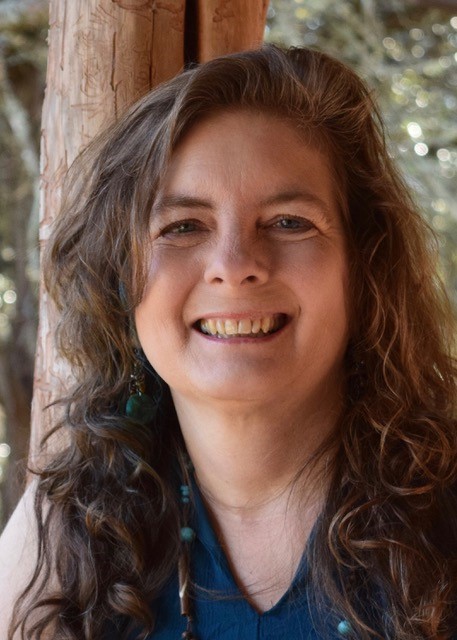BY REV DR JILL RICHARDSON
I got my first World Religions paper returned with an ‘A’ slashed across the top. This should have elicited joy in a student at a high-level university, but I gave it side-eye. The content had baffled me, so how could I have written a paper proving I’d understood what I knew I hadn’t?
Writing for obfuscation I clearly had down, but writing for publication? Not if I had to know what I was talking about.
Nevertheless, I’d sit in a writing conference several years later and hear advice that euthanised whatever remained of my rambling prose ‘style’.
‘If you can’t narrow your point to three words, you don’t have a point.’
Writing an essay? First, put your point into three words. A short story? Three words. A full-blown novel? Three words. A medical textbook? You know the answer.
His advice also received side-eye. A lot of it. We writers love our words. Could three suffice for our grand composition?
I’d learned to be sloppy. Good students can coast, writing work that a stiff critique would break like a tornado snaps a tree – but so much better than other students’ work that we believe we’ve earned those A’s. In learning to slide, I’d learned the first rule of poor writing. Sure, make a point, but hedge your bets. Pretend you know more than you do. Use language sufficiently vague to mean anything and nothing, so you can’t be pinned down either way.
Three-word-man sent me flashing back to my high school debate coach instead. She was the one who taught us that statistics could prove anything if we found the right one, but they could also hide anything if we chose to be vague. She was not a fan of the latter practice, common as it may be in politics. Trained by her to be razor-sharp in making one point, I’d lost that skill pursuing honours grades but not good writing.
Three-word-man brought it all back.
It couldn’t be any three words, either. It had to be a three-word sentence. So no, ‘eat, pray, love’ would not make the cut, as well as that worked out for another writer. I needed a sentence for my YA novel, like ‘Madeline faces fear,’ not ‘fear, terror, yikes!’ All manner of slush could fit into that as a thesis. I could have written a YA Stephen King shoehorned into Sharon Creech. An interesting proposition, but not the book I wrote.
What happened after I started asking, ‘What are my three (just three!) words?’ is that I began asking other questions. Does this story I want to tell fit within that three-word focus? Does this research support that one point? Does this word? Do I need to change my three-word focus or slash the words I want that work against me, not for me?
The first essay I tried it on was ‘Imagination requires magic.’ The essay sold, multiple times. The last one, thirty years later, today, was ‘People create home.’
The three-word rule returned to me the focus I’d learned at 15 and lost in the midst of believing the storyline my World Religions TA had inadvertently encouraged. To be fair, she’d probably been read the same fairy tale. I’d begun to believe that my words were so brilliant people needed them all. No one needs all my words – not even me. If I have a confused point, I have no point. Given our current affairs, confusion already strong-arms enough of our communication channels.
Oh, wait, the last essay I tried it on was actually this one – ‘Have one point.’ Still works.
About the Author

Rev. Dr. Jill Richardson is a writer, speaker, pastor, author of five books, and contributor to three others. She specializes in faith and the next generation. She likes to travel, grow flowers, and break into random musical numbers. Other things that get her very excited are cats, oceans, JRR Tolkien, fish tacos, cheese, gardening, world travels, grace, hope, and a good cup of Earl Grey. You can find her at: jillmrichardson.com












